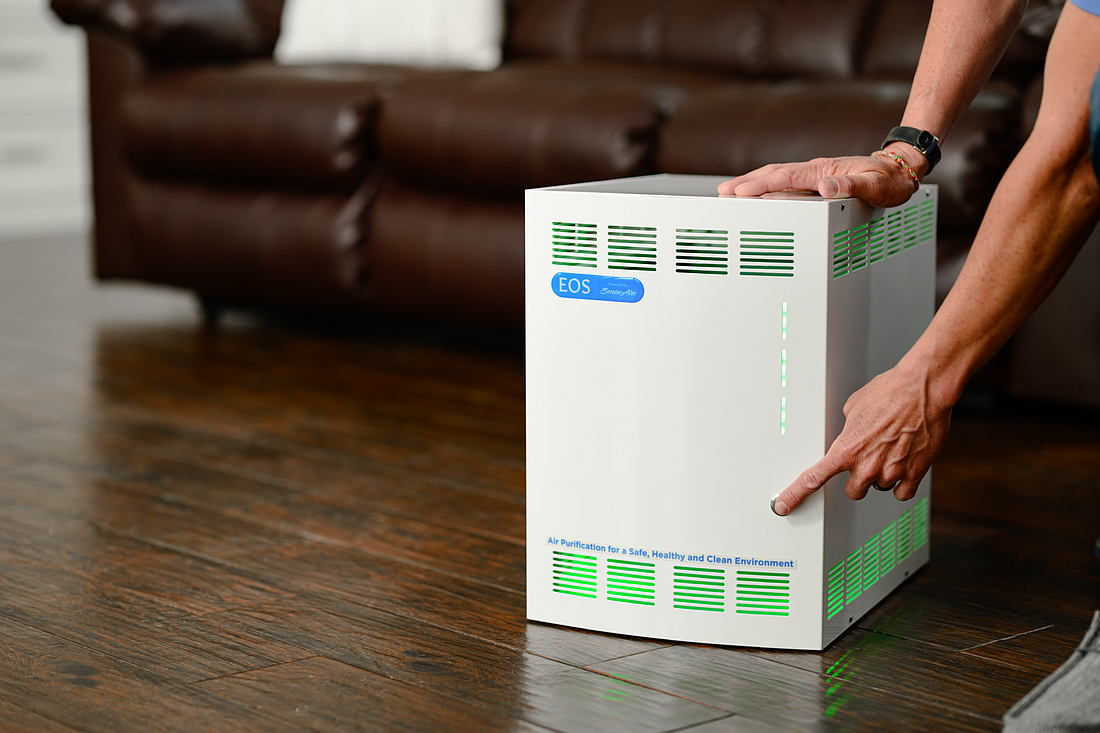- December 18, 2025
-
-
Loading

Loading

The past 15 months have been a difficult time for many businesses — that is, unless you run an air purification company in the time of a global pandemic.
For Dunedin air filtration and purification technology company SecureAire, 2020 was just another growth year in a trend of them. For the past three years in a row, the firm has essentially doubled its revenue, according to president and CEO Frank Stamatatos. And company leaders expect that trajectory to continue in an even bigger way the rest of 2021. (Company officials decline to disclose specific revenue figures, only to say the business is part of an industry valued at $3 billion in North America.)
‘The last 18 months have really been, for the company, 16 hour days.’ Frank Stamatatos, SecureAire